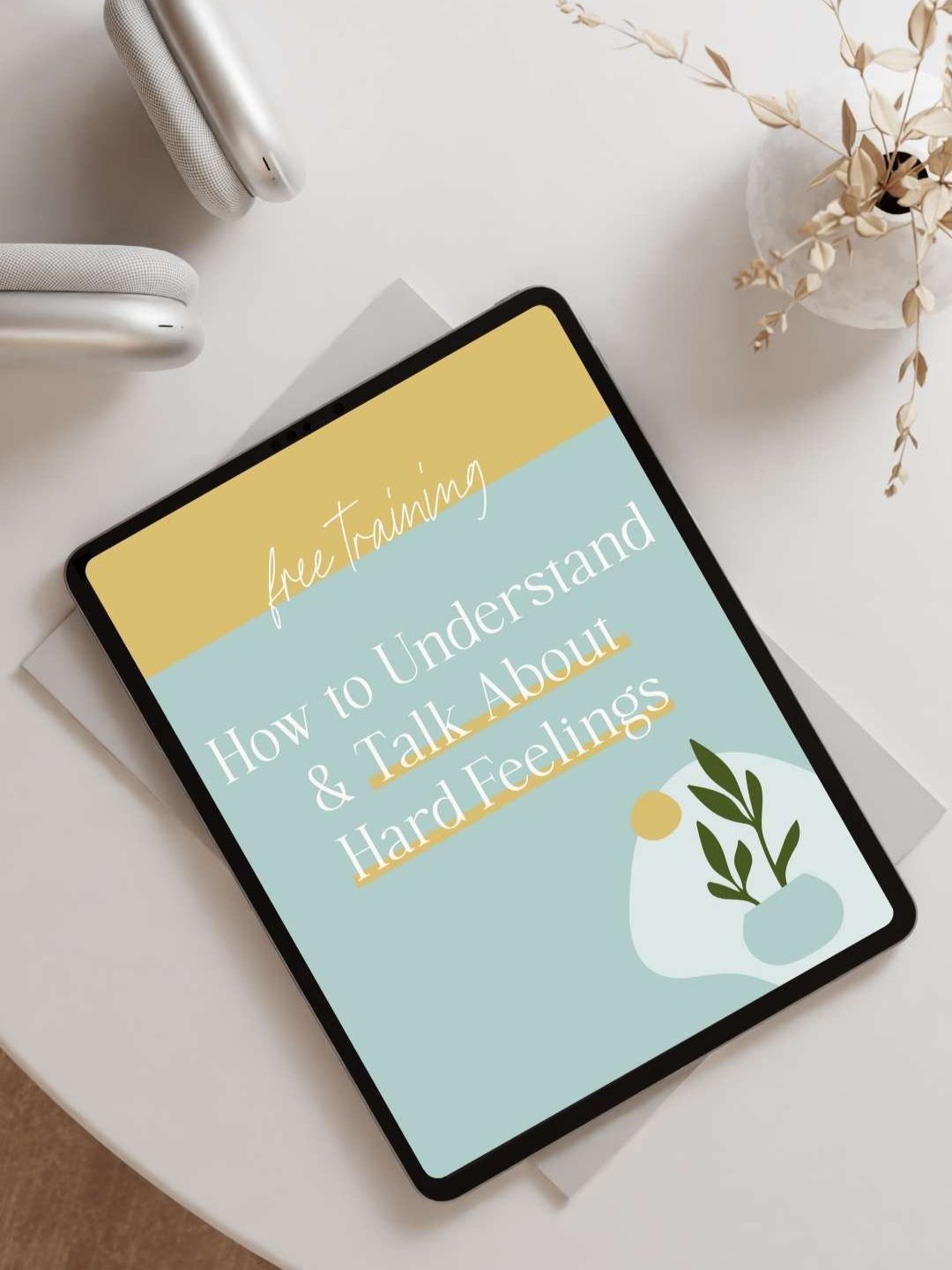Journal Prompts for Understanding Anger
Use paper and pen or a Word document to explore the following questions.
Write from the heart. This is not an intellectual exercise, but rather a free-writing exercise. Trust whatever comes up and let it flow out of you without stopping to edit or re-word. Give yourself plenty of time and space to complete the prompts, and take breaks as needed (get up and walk around, get a glass of water, etc.). Meet your needs. Stay curious and compassionate. Here we go…
How do you know when a boundary of yours has been crossed? What does it feel like in your body – in your head, chest, throat, stomach, shoulders, legs, and face? What temperature do you feel? What urges or impulses do you feel in your body?
Can you think of a recent time when your space felt threatened or violated? Write about it.
Can you think of a recent time when your body felt threatened or violated? Write about it.
Can you think of a recent time when your belief system felt threatened or violated? Write about it.
Can you think of a recent time when your time felt threatened or violated? Write about it.
Can you think of a recent time when your core values felt threatened or violated? Write about it.
Where is fear showing up in your life right now?
Where is shame showing up in your life right now?
What are you grieving right now?
What have you avoided grieving?
Now, take some time to review your answers.
What patterns or themes do you notice? What stands out to you? What surprises you, if anything?
Keeping in mind that anger is a communication emotion – it communicates to us that we must return to and protect that which is essential – what must you learn how to protect?
Considering what you have learned through completing these journal prompts, what part(s) of you needs attention or nurturing? What is one way you could start tending to that part of you today?
free training
Learn how to understand & talk about hard feelings.
This mini-training will provide you with tools for how to identify, understand, and articulate big feelings when they arise. After this training, you’ll feel more confident having the conversations you’re not having.


